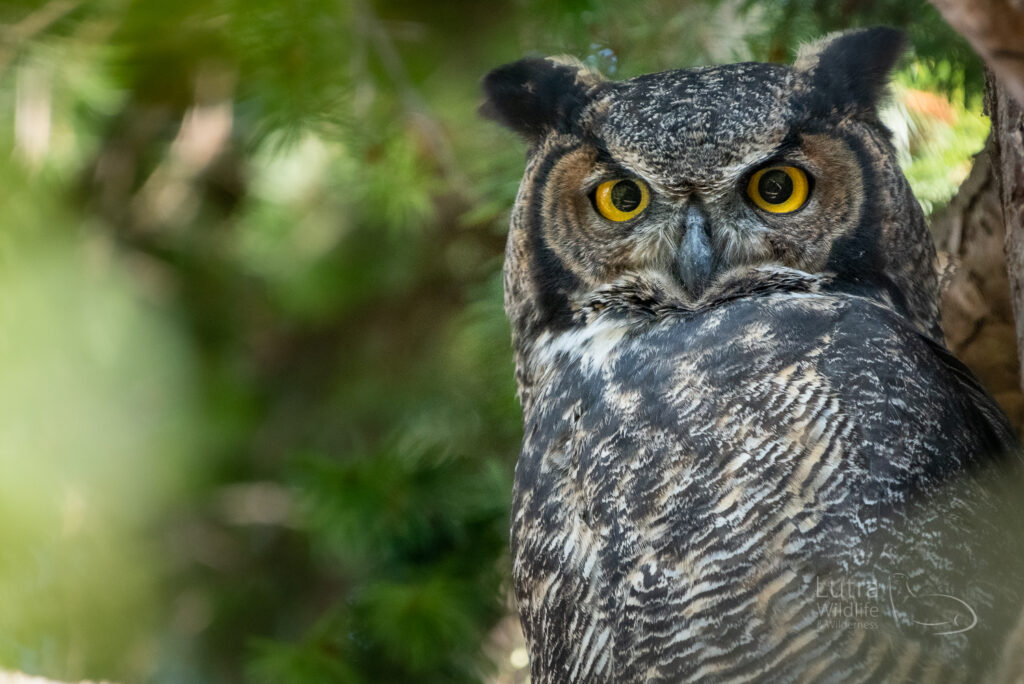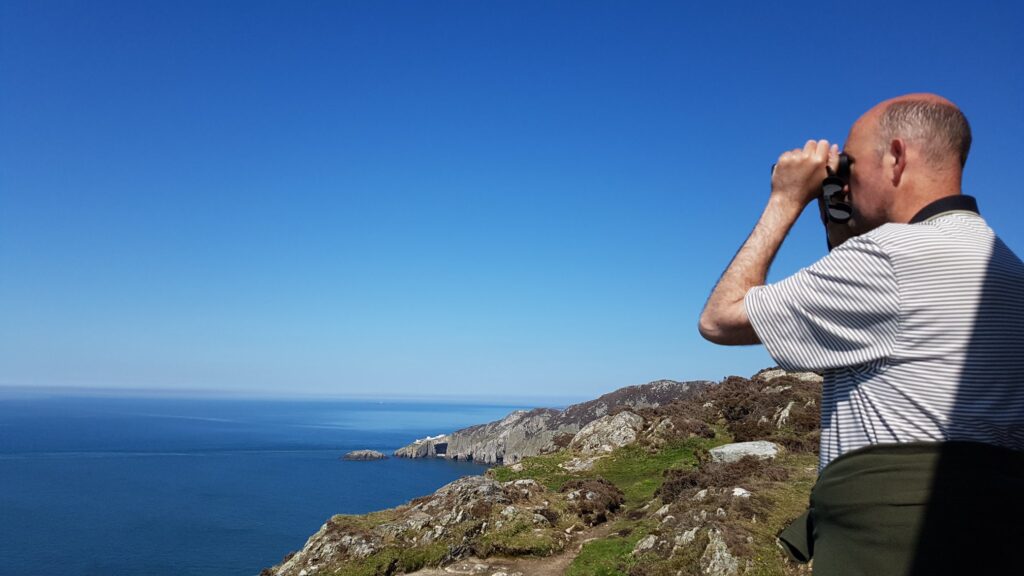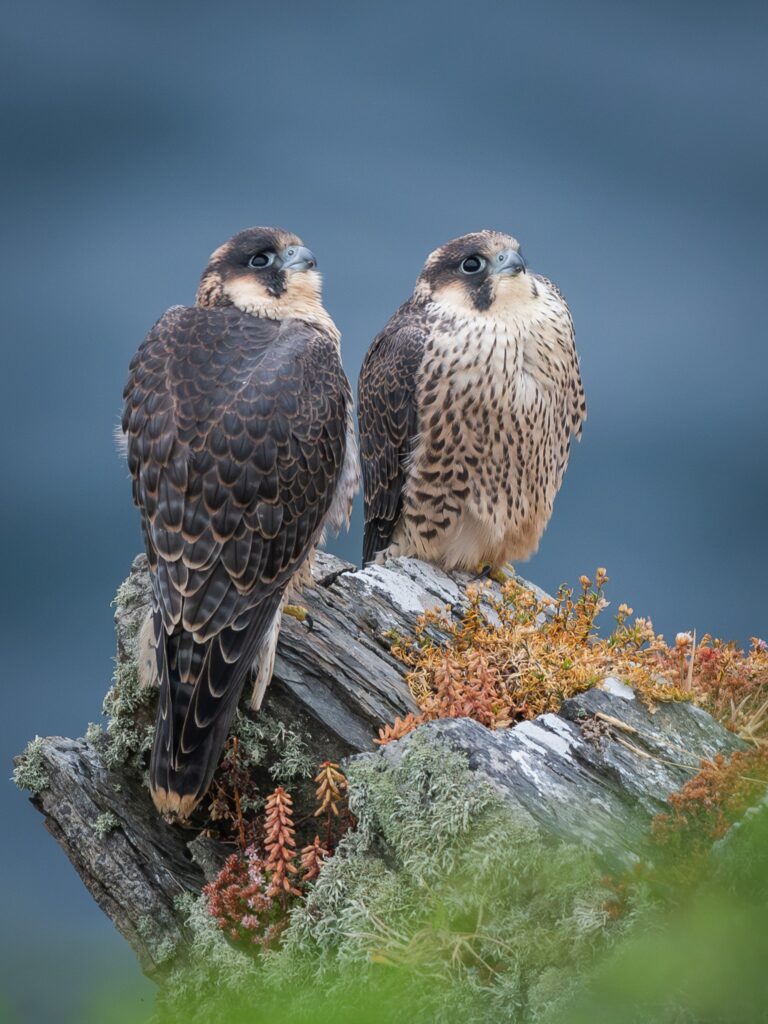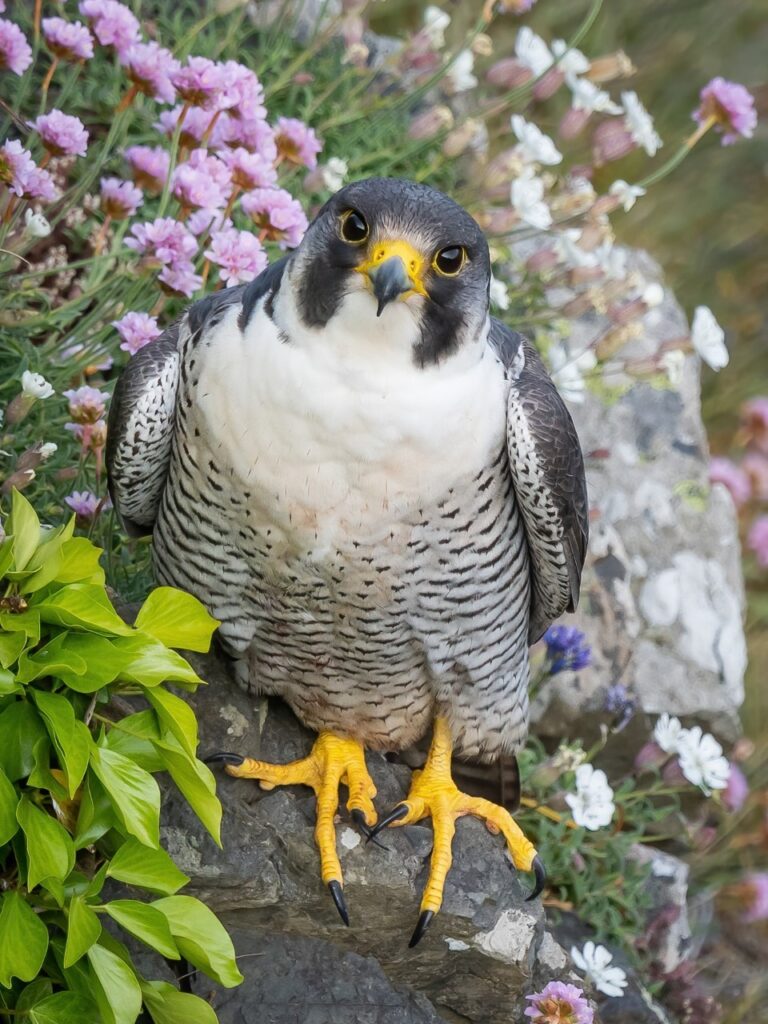Birds of Southern Portugal – Jono Forgham
Please note – all our indoor meetings now start at 7.30 pm.
We will be meeting in person in Room 109 in the Palmer Building at usual, but you can also join remotely via Zoom if you prefer. Please click here to join the meeting. You can join from 7.15 pm and the meeting will start at 7.30 pm. You will be muted when you join; please stay muted except when you have been asked to unmute, for recent sightings, questions, etc.
BOC Christmas Social
Please note – all our indoor meetings now start at 7.30 pm.
We will be meeting in person in Room 109 in the Palmer Building at usual, but you can also join remotely via Zoom if you prefer. Please click here to join the meeting. You can join from 7.15 pm and the meeting will start at 7.30 pm. You will be muted when you join; please stay muted except when you have been asked to unmute, for recent sightings, questions, etc.
It’s our annual Christmas social event with Christmas refreshments. We will entertain you with a quiz from Neil (a bit easier this time!) and one or two other little items! Please come!
What’s the difference between a Bittern and a Curlew? – Mike Coker
Please note – all our indoor meetings now start at 7.30 pm.
We will be meeting in person in Room 109 in the Palmer Building at usual, but you can also join remotely via Zoom if you prefer. Please click here to join the meeting. You can join from 7.15 pm and the meeting will start at 7.30 pm. You will be muted when you join; please stay muted except when you have been asked to unmute, for recent sightings, questions, etc.
AGM then Saving the Stone Curlew – Keith Betton
Please note – all our indoor meetings now start at 7.30 pm.
We will be meeting in person in Room 109 in the Palmer Building at usual, but you can also join remotely via Zoom if you prefer. Please click here to join the meeting. You can join from 7.15 pm and the meeting will start at 7.30 pm. You will be muted when you join; please stay muted except when you have been asked to unmute, for recent sightings, questions, etc.
The AGM will be held at the start of this evening’s meeting so we would like as many people as possible to attend please!
After the AGM, our talk will be presented by Keith Betton. He has been involved in Stone Curlew conservation for fifteen years. He will tell us about this enigmatic bird and explain how farmers are helping to save it. He will also give us an update on how Peregrines are doing.
Vancouver Island and the Great Bear Rainforest – Lee Morgan
Please note – all our indoor meetings now start at 7.30 pm.
We will be meeting in person in Room 109 in the Palmer Building at usual, but you can also join remotely via Zoom if you prefer. Please click here to join the meeting. You can join from 7.15 pm and the meeting will start at 7.30 pm. You will be muted when you join; please stay muted except when you have been asked to unmute, for recent sightings, questions, etc.
Vancouver Island is well known as one of the top wildlife watching destinations in the world, and for good reason. Amidst its rugged coastal beauty, backed by towering rainforests and snow-capped peaks, lays a wealth of iconic wildlife. A hard pacific wilderness home to Eagles, Bears, Whales and Wolves. However, very few that visit this intrepid isle get to experience the islands soft southern under-belly. A gentle land of mild climates, sandy beaches and sheltered estuaries. It is here that the enthusiastic naturalist can find the true diversity of life this wonderful island supports. Come with Lee as we explore all that this wonderful island has to offer.

Lee grew up in Hampshire, England, where he developed his life-long love of ‘all things natural history’.
After graduating as a Biologist from Royal Holloway University in Surrey, Lee spent over 25 yrs working as a freelance ecologist, wildlife guide and natural history photographer. He has travelled widely throughout the UK, Europe, Africa, the high Arctic and the Americas in pursuit of wildlife and has accumulated a wealth of experience working closely with large, wild (and potentially dangerous) animals in oftentimes inhospitable, remote locations.
In 2014 he finally made the move to one of his favourite places on earth …. Vancouver Island…. where, alongside his wife, he now runs a small wildlife travel company, Lutra Wildlife and Wilderness, where he gets to share his passion for the natural history of the Pacific Northwest with wildlife lovers and photographers from all around the world.
Peregrine Monograph – Steve Watson & Richard Sale
Please note – all our indoor meetings now start at 7.30 pm.
We will be meeting in person in Room 109 in the Palmer Building at usual, but you can also join remotely via Zoom if you prefer. Please click here to join the meeting. You can join from 7.15 pm and the meeting will start at 7.30 pm. You will be muted when you join; please stay muted except when you have been asked to unmute, for recent sightings, questions, etc.
This talk investigates all aspects of Peregrine life, from plumage, through diet, population dynamics, breeding and survival.
Richard Sale is a physicist with a PhD in astrophysics, who now devotes his time to studying the four UK breeding falcons and their flight dynamics. He has written several books on birds including The Gyrfalcon which won the US Wildlife Society Book of the Year in 2006. More recently he co-authored Steller’s Sea Eagle with Russian colleagues Vladimir Mastrov and Michael Romanov: the book won the US Wildlife Society Book of the Year in 2019. In 2021 Sale became the first author to win the Wildlife Society’s book award prize three times with his monograph on The Common Kestrel. His other books include The Snowy Owl (also with Eugene Potapov), the New Naturalist title
Falcons and monograph on Merlin and the Eurasian Hobby (with Anthony Messenger).
Steve Watson is a retired Chartered Accountant who has always had a passion for raptors but Peregrine Falcons in particular. He is a Trustee of Gloucestershire Raptor Monitoring Group CIO (GRMG) and Raptor Aid CIO and also a committee member of South West Peregrines. He has conducted a 40-year study of the Symonds Yat Peregrines, whilst also presenting lectures throughout UK.
Birds and Wildlife of Sri Lanka
Photographic Competition
We will be meeting in person in Room 109 in the Palmer Building at usual, but you can also join remotely via Zoom if you prefer. Please click here to join the meeting. You can join from 7.45 pm and the meeting will start at 8 pm. You will be muted when you join; please stay muted except when you have been asked to unmute, for recent sightings, questions, etc.
We’re holding our annual photographic competition this evening for those experienced and budding photographers. Judges Rob Still and Andy Sands will decide who has presented the best photographs in the three categories of Flight/Action, Portrait and Birds in Berkshire.
There will be prizes of course for the winners in each category and the Gordon Langsbury Cup will be presented to the overall winner!
Woodland Birds, Science and Conservation
We will be meeting in person in Room 109 in the Palmer Building at usual, but you can also join remotely via Zoom if you prefer. Please click here to join the meeting. You can join from 7.45 pm and the meeting will start at 8 pm. You will be muted when you join; please stay muted except when you have been asked to unmute, for recent sightings, questions, etc.
This talk will look at the pressures affecting woodlands and woodland birds, work being done to understand and reduce these pressures including woodland management, and finally look at projects to identify causes of declines and turn this into conservation action for some of our priority species including Hawfinch, Lesser Spotted Woodpecker and Willow Tit.
Paul Bellamy is a Senior Conservation Scientist at RSPB specialising in research into Lowland Broadleaved woodland and Forestry. Current projects include monitoring woodland management grants for biodiversity, causes of declines in UK Hawfinch, habitat restoration for Willow Tit, and ways of increasing breeding success for Lesser Spotted Woodpecker. The results of his work lead directly into RSPB land management advice and policy. It also feeds directly in to Defra, Forestry Commission and Natural England policies and practice as co-funders and project partners for many projects.
University Lecture – Endangered Birds in Mauritius – how has two decades of science helped?
This is our annual joint lecture with the University of Reading. We will be meeting in person in Room 109 in the Palmer Building at usual, but you can also join remotely via Zoom if you prefer. Please click here to join the meeting. You can join from 7.45 pm and the meeting will start at 8 pm. You will be muted when you join; please stay muted except when you have been asked to unmute, for recent sightings, questions, etc.
Ken did his PhD at Oxford, joined Reading University in 2005, becoming a research professor in the Centre for Agri-Environmental Research. In 2014 he left to become the Director of Science at ZSL (Zoological Society of London), then moved to the Natural History Museum (NHM) as Head of Life Sciences in 2020, becoming its Deputy Director in April 2022.
His current research interests span a range of individual, population, community and ecosystem approaches to understanding how biodiversity responds to environmental change. This work has included a long-term interest in basic and applied avian ecology, which currently involves using individual-based datasets from endangered birds in Mauritius as ‘model’ systems to explore environmental change impacts from individuals to populations. His work is increasingly focusing on the links between biodiversity, ecosystem function and ecosystem services, particularly through studies in tropical forest and agro-forestry ecosystems in Africa.
He will focus on improving our understanding of how biodiversity responds to environmental change by looking in particular at how the evolutionary ecology of individual organisms affects population and community dynamics and secondly, improving our understanding of how biodiversity change affects ecosystem services and the values/benefits people derive from these services across a range of ecosystems – urban, agricultural, tropical forests and marine.







